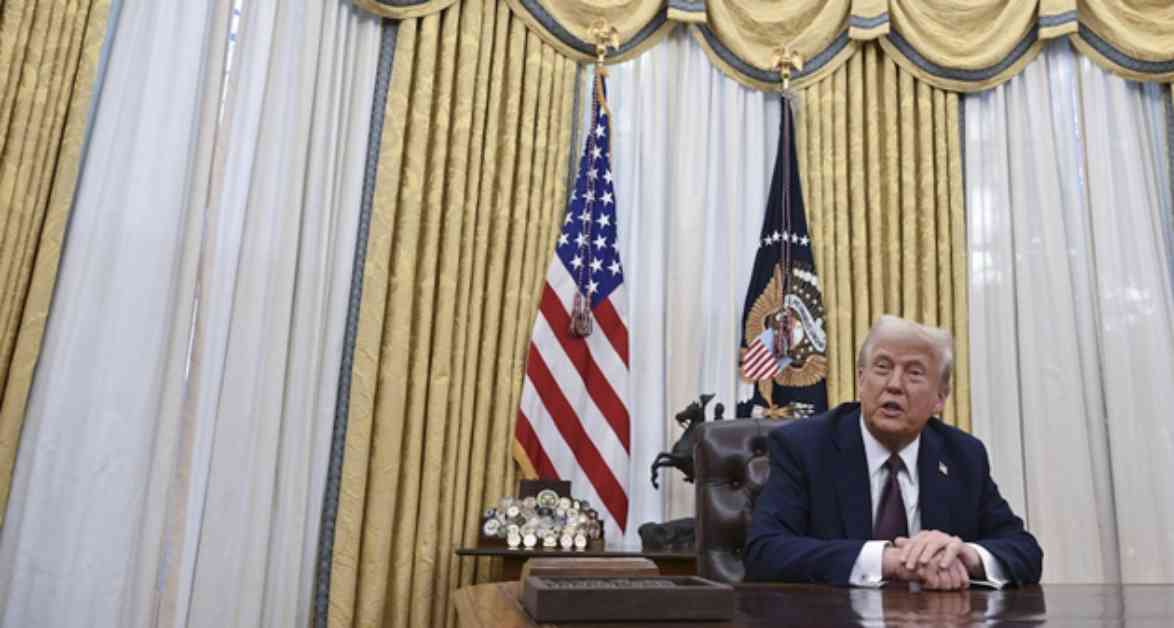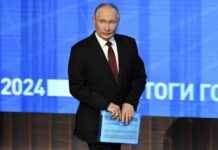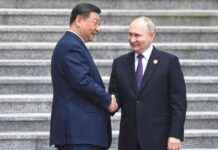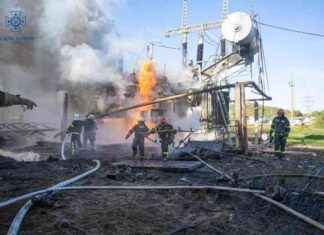US Freezes Foreign Aid Amid ‘America First’ Policy
In a bold move signaling a shift towards prioritizing domestic interests, the United States, the largest foreign aid provider globally, has frozen nearly all overseas assistance, with exceptions for emergency food relief and military aid to Israel and Egypt. The directive, issued shortly after President Donald Trump’s inauguration, appears to halt military assistance to Ukraine, a key ally facing continued aggression from Russia.
Rubio Issues Order to Suspend Aid Programs
Secretary of State Marco Rubio recently issued an internal memo instructing all agencies to immediately suspend foreign aid programs unless explicitly approved by the new administration. The move prevents the obligation of new funds for awards or extensions until each proposal undergoes a thorough review and approval process, aligning with President Trump’s “America First” foreign policy agenda.
Implications on Key Allies and Humanitarian Aid
The freeze impacts vital allies such as Ukraine, Jordan, and Taiwan, raising concerns about their ability to maintain security and stability in the face of regional challenges. For Ukraine, a significant recipient of US support since Russia’s invasion in 2022, this suspension could have severe consequences on its defense capabilities. However, exceptions for military aid to Israel and Egypt underscore the strategic importance of these alliances in the region.
Assessment and Justification for Aid Suspension
Rubio defended the comprehensive review and subsequent aid suspension as crucial to ensuring the efficiency and alignment of federal programs with President Trump’s foreign policy objectives. By pausing aid programs, the administration aims to prevent duplication, enhance effectiveness, and uphold the principles of the “America First” approach.
Impact of Aid Freeze on Global Dynamics
As the international community observes the US administration’s recalibration of its foreign aid priorities, questions arise about the broader implications on global partnerships, security arrangements, and humanitarian efforts. The decision to halt assistance to several countries while maintaining support for key allies reflects a strategic realignment that could reshape diplomatic relationships and influence global stability.
Katie Livingstone, an experienced journalist with firsthand experience covering conflicts like the war in Ukraine, highlights the human impact of such policy shifts on vulnerable populations and frontline communities. Her dedication to shedding light on the consequences of foreign policy decisions underscores the importance of understanding the complexities of international aid dynamics and their implications for global security and humanitarian assistance.

















